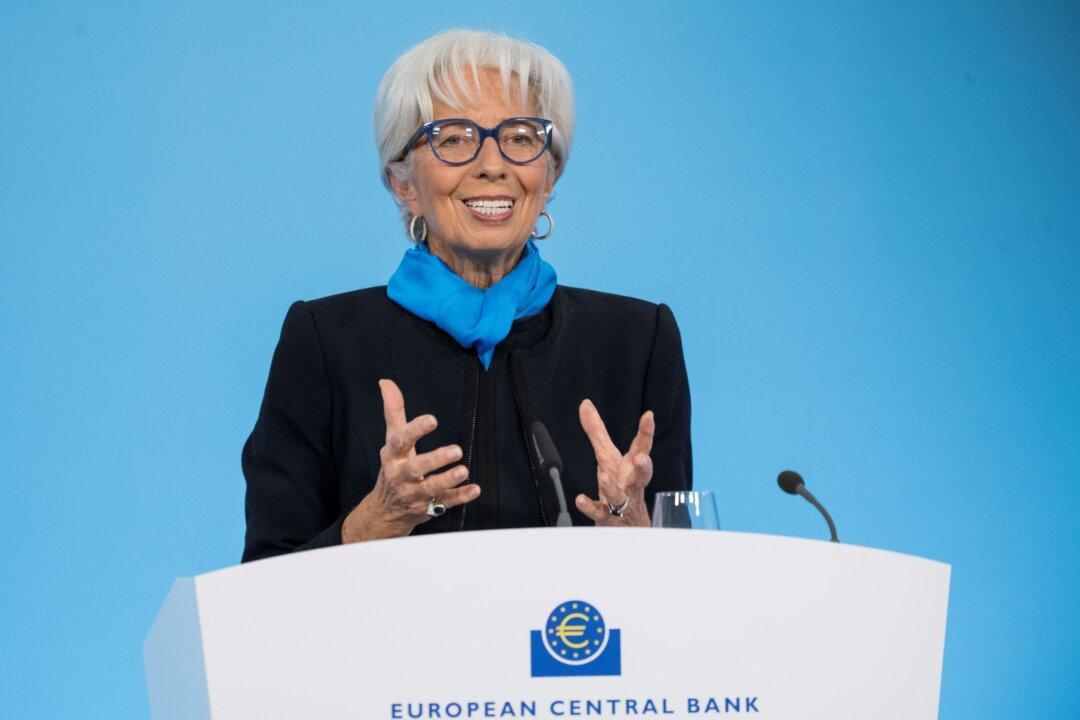The European Central Bank (ECB) has pledged to end its bond-buying activities in a few months as the region battles high inflation rates.
After looking at data since its previous meeting, the Governing Council, the main decision-making body of the ECB, judged in an April 14 meeting that net asset purchases under its asset purchase program (APP) must be concluded in the third quarter.





